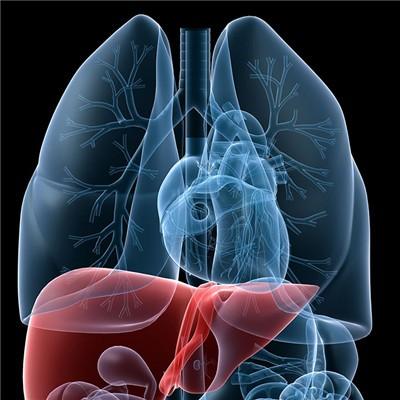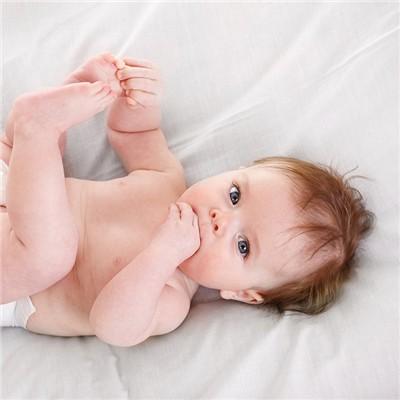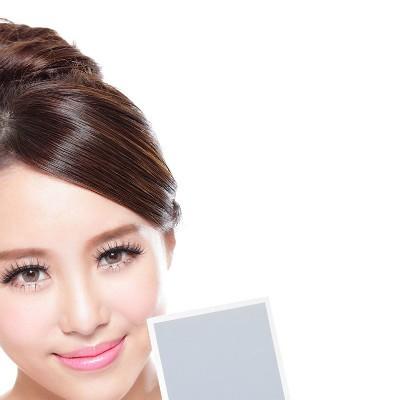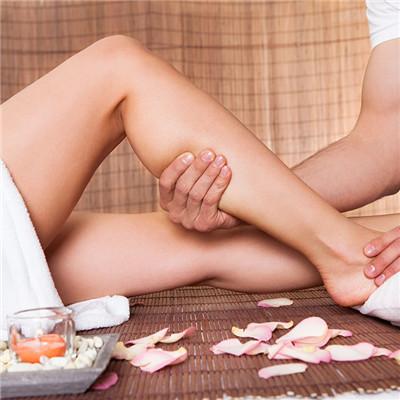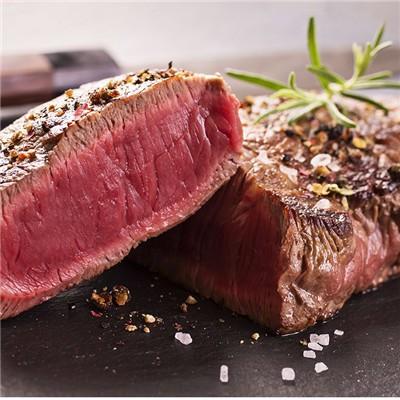Symptoms of equine teeth in infants
summary
The baby under the full moon has teeth! Mother will find a few weeks old baby gum white dots, is it so small to grow teeth? No, mom, you misunderstood it. It's horse tooth, not real baby tooth. The existence of horse teeth will not affect the baby's health and development. There is no need to worry too much. Mothers can ignore them and they will disappear automatically. I'd like to share with you my views on the symptoms of baby with equine teeth.
Symptoms of equine teeth in infants
Horse teeth are white or yellowish white vesicles or dots growing on the baby's tooth flesh (both sides of the midline of the palate and the edge of the gingiva). It's very similar to the newly grown deciduous teeth, but horse teeth are not a disease in most infants 4-6 weeks after birth. Generally, the baby will not suffer from this disease in a hundred days. It can be well distinguished from deciduous teeth, commonly known as "horse teeth" or "die teeth". Horse teeth are not a disease, but a normal physiological phenomenon, which will not have a great impact on the growth and development of the baby. Generally, they will disappear in a few months after the baby is born.
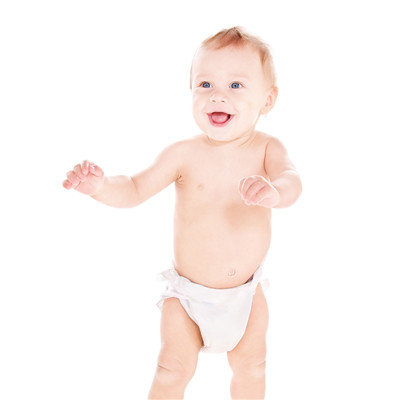
Horse teeth are called epithelial beads in medicine. The epithelial beads are formed by the accumulation of epithelial cells. Horse teeth generally have no discomfort. Individual infants may shake their heads, be irritable, bite nipples, or even refuse to eat. This is caused by local itching, swelling and other discomfort. It is a normal physiological phenomenon, not a disease. Horse teeth do not affect the development of infants' milk and deciduous teeth, It will gradually fall off within a few months after birth, and some babies can't fall off in time due to malnutrition, which doesn't hinder much and doesn't need treatment.
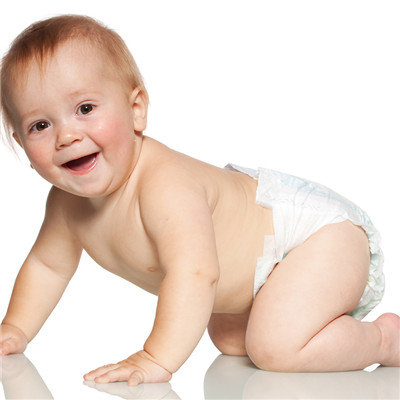
Horse teeth are not real teeth. Its size, shape and internal structure are not like teeth, and it can't chew. Horse tooth is not a disease, it is a phenomenon in the process of tooth development, not everyone grows. In the process of sucking, the gums rub against the nipples. After a period of time, the "horse teeth" will fall off.
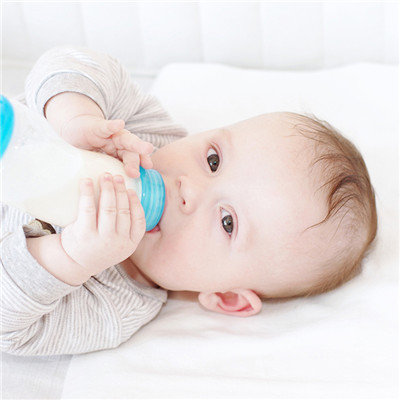
matters needing attention
1. In fact, horse teeth can't be rubbed, let alone picked. What parents should do is to pay attention to the oral hygiene of the newborn. They can't pick with a needle or wipe with cloth. It's very dangerous and easy to damage the baby's thin and tender oral mucosa. 2. Normal newborn does not need to do oral care, only need to clean the baby's lips, corners of the mouth, submaxillary milk stains after feeding, keep the skin and mucous membrane clean and fresh. 3. If it is suffering from stomatitis or other oral diseases, the baby needs to do oral care.

